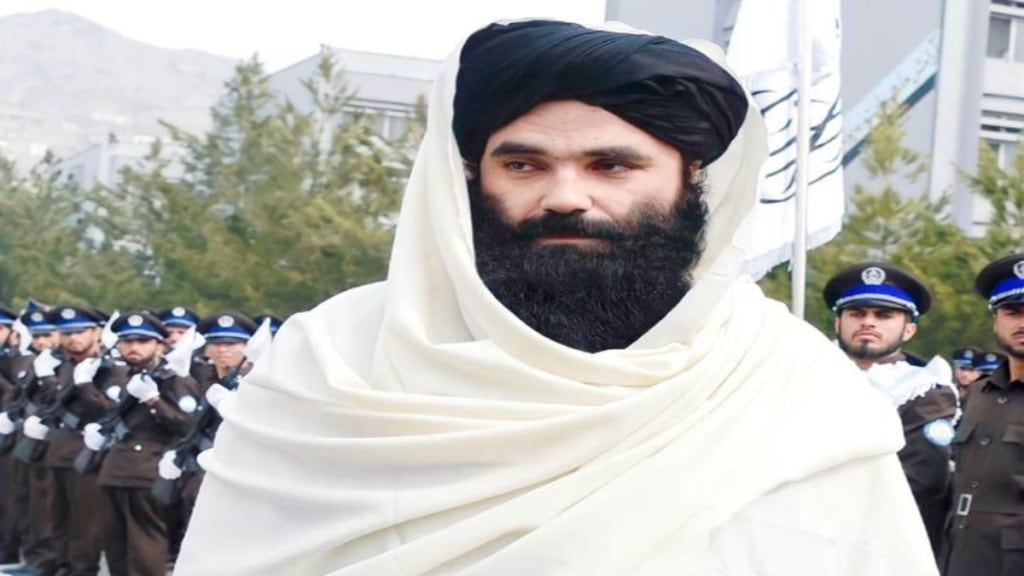The United States has removed $10 million bounty bounties on senior Taliban figures, including Sirajuddin Haqqani, the interior minister and head of the Haqqani network, according to officials in Kabul. The bounty was initially placed for information leading to Haqqani’s arrest, as confirmed by an Afghan Ministry of Interior Affairs spokesperson. This move signals a notable evolution in US-Taliban relations, indicating a potential shift toward reconciliation as both sides work to move beyond the wartime era.
The bounty’s removal came shortly after the Taliban released George Glezmann, a 65-year-old American citizen who had been wrongfully detained in Afghanistan for two and a half years. His release was the result of negotiations involving Trump’s special hostage envoy Adam Boehler, Taliban officials, and Qatari mediators.
Who is Sirajuddin Haqqani?
Sirajuddin Haqqani, who previously admitted to planning the deadly 2008 Serena Hotel attack in Kabul, is no longer listed on the US State Department’s Rewards for Justice website. However, the FBI website still featured a wanted poster for him on Sunday. The other two individuals, Abdul Aziz Haqqani and Yahya Haqqani, are also no longer subject to US bounties.
The Haqqani network has long been associated with some of the deadliest attacks in Afghanistan, including bombings targeting the Indian and US embassies and the Afghan presidency. The group has also been linked to extortion, kidnapping, and other criminal activities.
Despite the announcement made on Saturday, the FBI website continues to list the reward for Haqqani. The site states that Haqqani is “believed to have coordinated and participated in cross-border attacks against United States and coalition forces in Afghanistan.”
Diplomatic thaw?
Zakir Jalaly, a Foreign Ministry official, suggested that the lifting of the bounties and the Taliban’s release of US prisoner George Glezmann indicate a pragmatic shift in bilateral relations. “The recent developments in Afghanistan-US relations are a good example of pragmatic and realistic engagement,” he said.
Shafi Azam hailed the development as a step toward normalisation in 2025, citing the Taliban’s recent control over Afghanistan’s embassy in Norway. Despite these diplomatic strides, the Taliban remains isolated internationally, particularly due to bans affecting women and girls. Haqqani’s rehabilitation stands in contrast to the controversial leadership of Hibatullah Akhundzada, who faces potential legal action for human rights abuses.
(With AP inputs)

